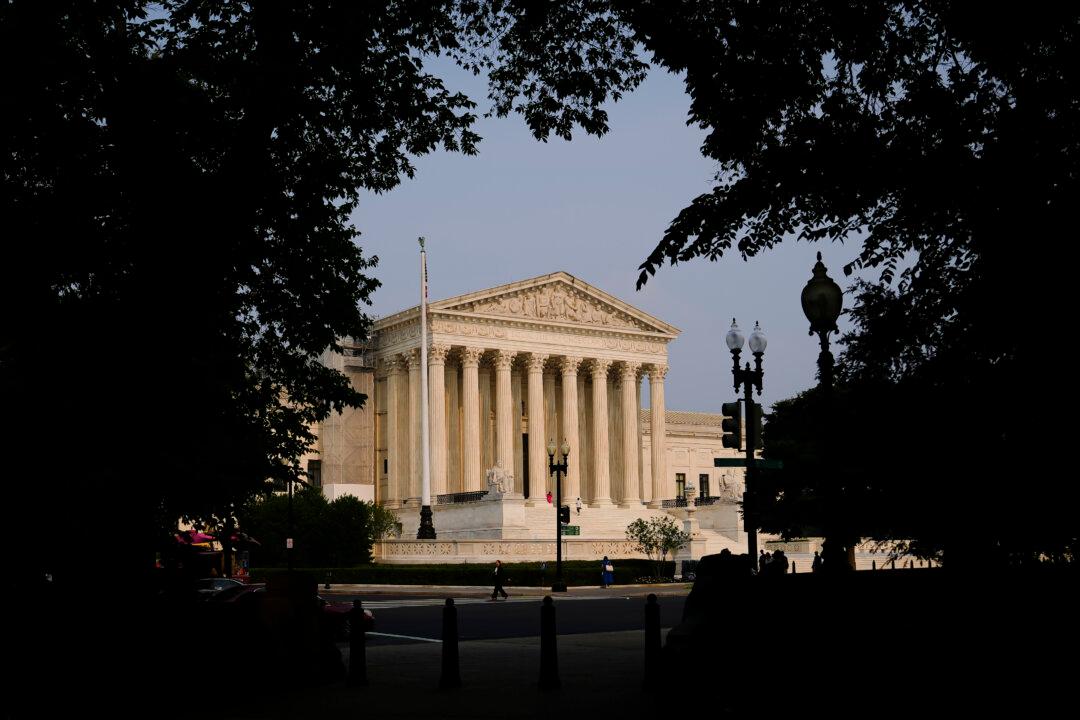Lawyers for two photographers are asking federal appeals courts to affirm their clients’ First Amendment rights and allow them to “create freely,” citing a Supreme Court ruling in June that allowed a Christian web designer to decline requests to create sites for same-sex weddings.
Alliance Defending Freedom attorneys, an American conservative Christian legal advocacy group, are defending the individuals in the two separate cases.




